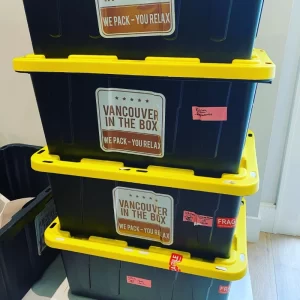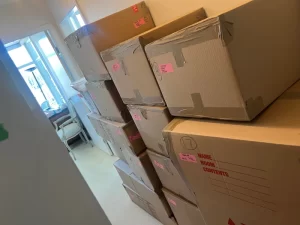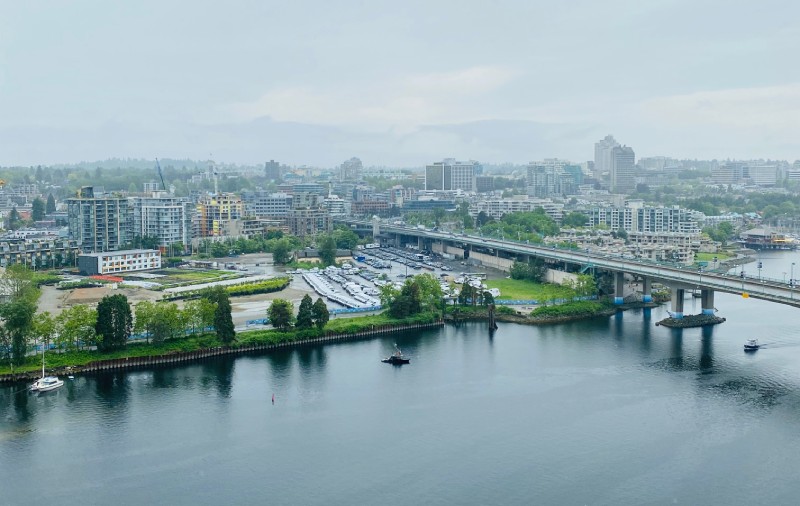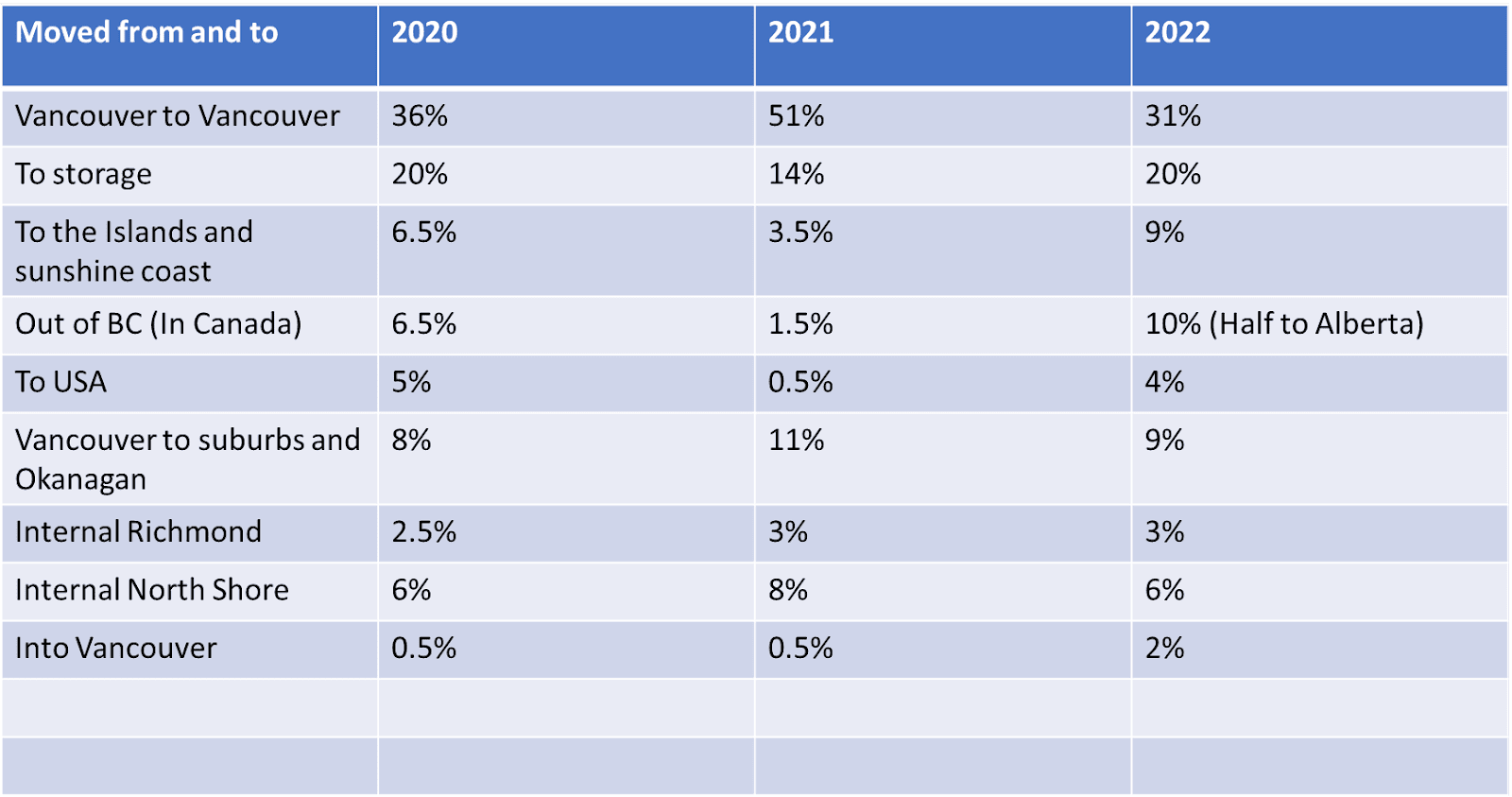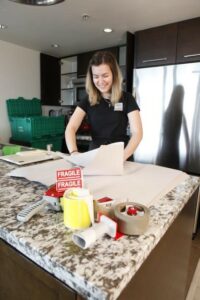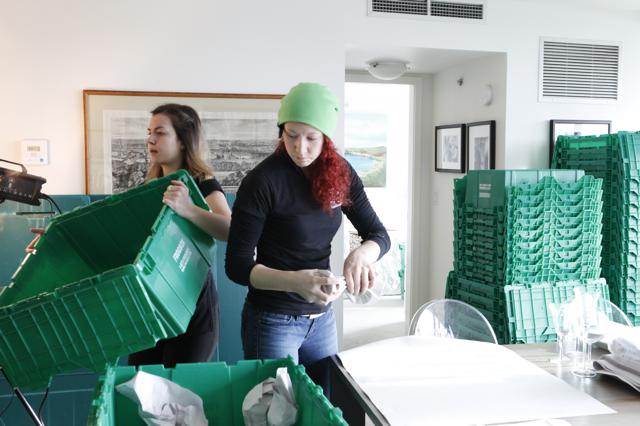Moving can be a daunting task, but the process of unpacking becomes significantly easier when you approach it strategically from the packing stage. One effective way to streamline the unpacking process is to go through your home before the move, leaving notes indicating where items will be placed in the new layout.
When packing, conduct a thorough walkthrough of your current home to determine how to label boxes based on their intended locations in the new space. For instance, if your office is currently situated on the main floor but will be relocated to the basement in the new home, pack the office belongings and label them for the basement.
Detailed Labeling and Seamless Organization
Providing detailed labeling during packing is crucial for a smooth unpacking experience.
Many areas of the house can present their challenges during unpacking: sometimes we lose storage space in one area, or we miss a built-in cupboard we had in the old house. We recommend while visiting the new home, to take pictures of storage places- cupboards and closets.
Linen closet? Under the stairs storage area? New walk-in? These are useful references you can use as you pack. That will help with labeling for the accurate spot in the new home. From our experience, at Vancouver In the Box, there is one area that most likely will be challenging due to a different layout. This is the kitchen, that tends to be particularly tricky.
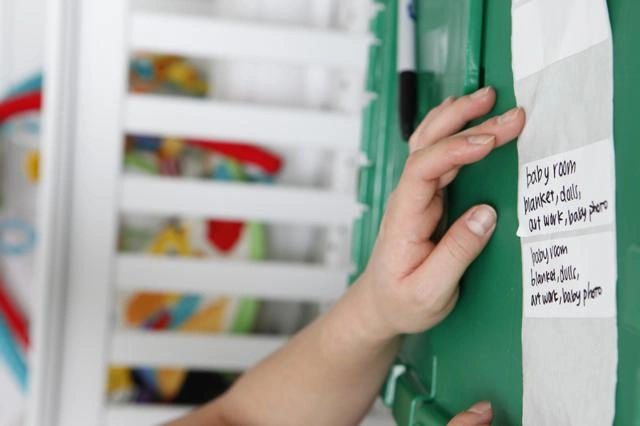
The best way to start unpacking the kitchen
To navigate the complexities of unpacking the kitchen, start by associating items with large, immobile kitchen appliances like the fridge, dishwasher, and stove. Consider the proximity to the stove when placing items like spices, utensils, pots, and pans for easy access during cooking.
For added convenience in the kitchen, take into account your dominant hand when deciding where to place utensils or whether to keep them on the counter. Drawing from our experience of unpacking thousands of kitchens with varying layouts, we’ve compiled five essential tips to make the process smoother:
- Countertop Organization: Identify outlets on the countertop and strategically place frequently used appliances such as the toaster and coffee machine.
- Shelf Placement: Arrange the most useful dishes on the most accessible shelves, even if they were initially meant for a different purpose. For instance, keep mugs close to the coffee machine.
- Utensils and Spices: Store utensils and spices near the stove for convenient access during cooking.
- Glassware Organization: Divide wine glasses into upright layers instead of horizontal, applying a similar principle to other dishes.
- Avoid Clutter: Refrain from placing many frequently used items in the same spot, especially around your preparation area. For example, keep cutlery away from the drawer under the cutting board to minimize interruptions during food preparation.
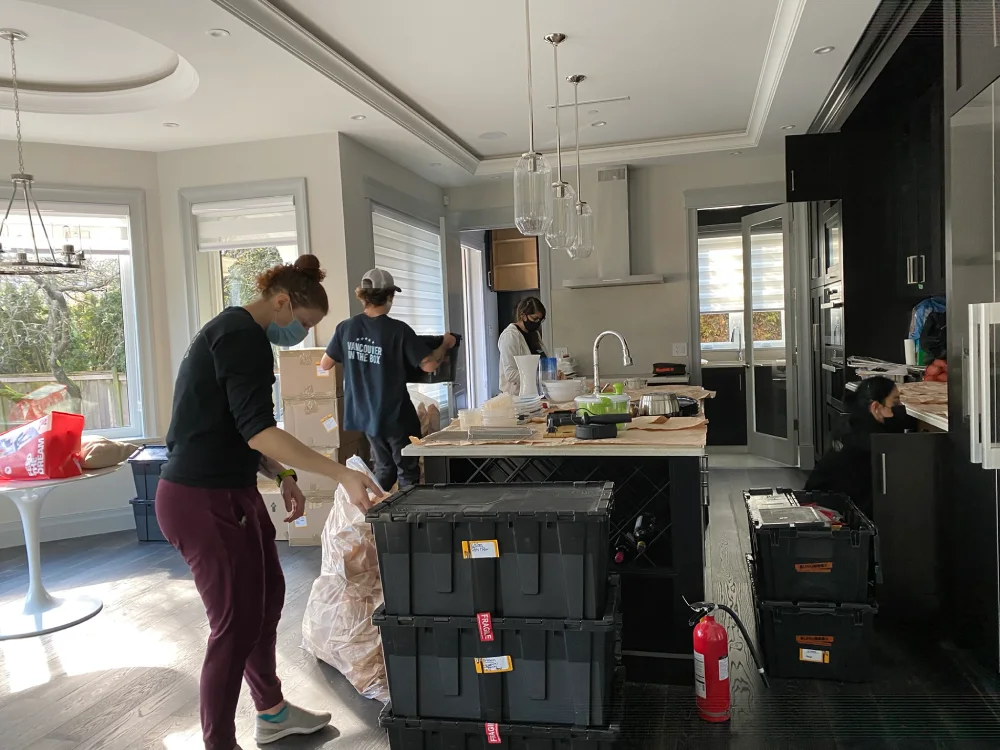
By incorporating these practical tips, you can transform the often challenging task of unpacking into a well-organized and efficient process, creating a seamless transition to your new home.
Don’t want to deal with the unpacking? Contact us today! Our experienced professional team will pack and unpack your home, so you can relax.


